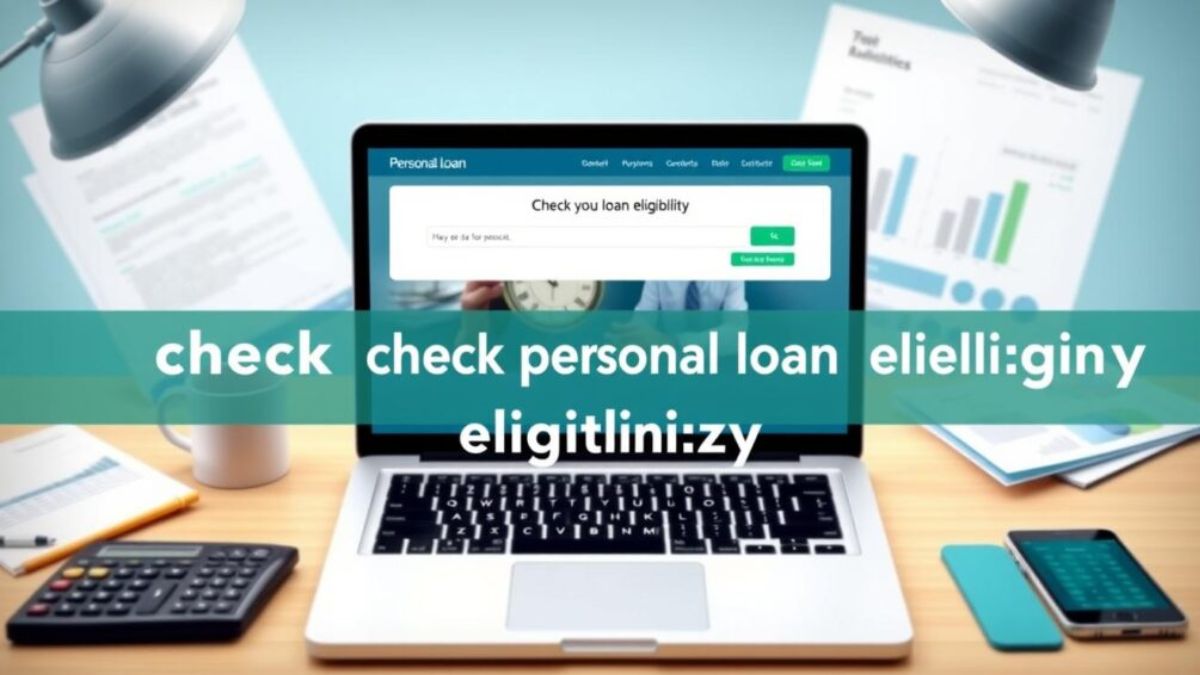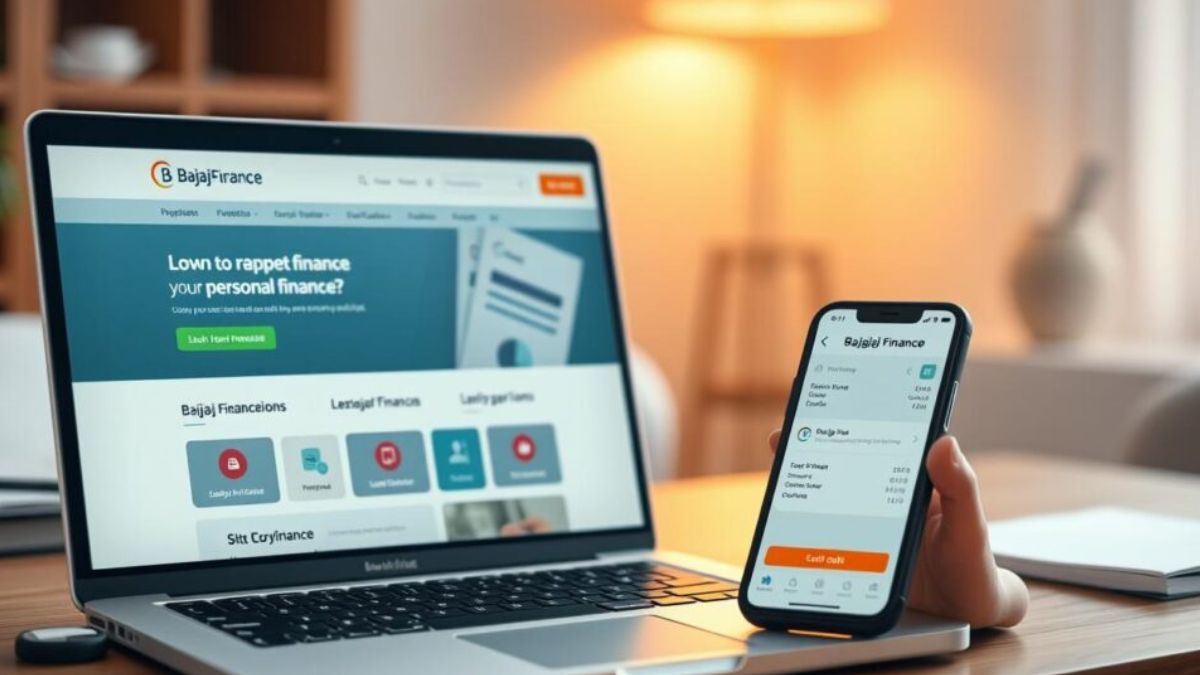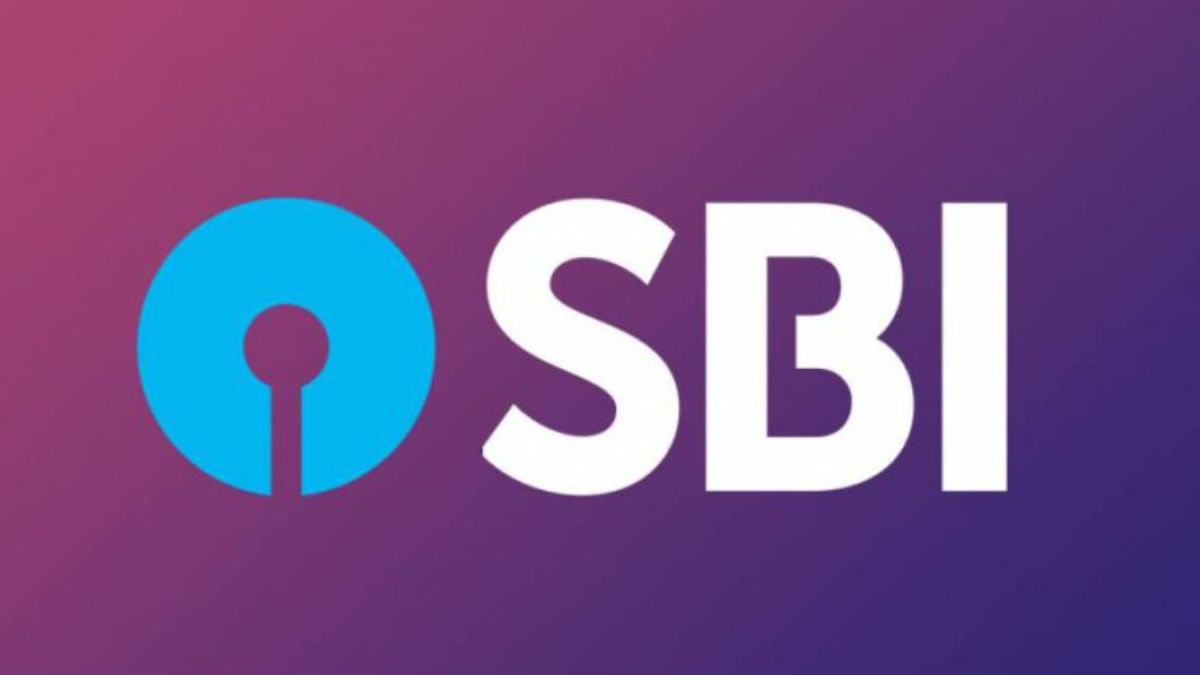Getting a small business bank loan is key to making your business dreams come true. But, the loan application process can be tough. It’s vital to know what lenders look for in your application.
This article will cover the main criteria you need to meet. This will help you boost your chances of getting the financing your business needs.

Showing your creditworthiness and financial health is important. You also need a solid business plan. We’ll look at these key points lenders check to see if you qualify.
By understanding these requirements, you can prepare a strong application. This will help your business stand out in the competitive world of small business financing.
Understanding Small Business Bank Loan Requirements
Getting a small business loan means meeting certain criteria. Lenders check these to see if you’re a good risk. Knowing what they look for is key for entrepreneurs wanting to grow their businesses.
Why Lenders Assess Eligibility Criteria
Lenders look at many things to decide if you can pay back the loan. They check your loan application documents, your credit history, and if you have collateral. This helps them choose the best businesses to lend to.
Common Bank Loan Requirements for Small Businesses
- Strong credit history and score
- Established business track record, with a minimum of 1-2 years of operations
- Detailed business plan outlining growth strategies and financial projections
- Sufficient collateral, such as real estate, equipment, or inventory, to secure the loan
- Consistent cash flow and profitability to demonstrate the ability to make loan payments
- Personal and business financial statements, including tax returns and bank statements
Knowing these requirements helps small business owners prepare. It increases their chances of getting the loan they need to grow.
Demonstrating Creditworthiness and Financial Health
When you apply for a small business loan, lenders check your credit and your company’s financial health. It’s important to have a good credit score and show your business is stable. This helps you get the money you need to grow.
To show you’re creditworthy, work on your credit score. Pay bills on time, keep credit card balances low, and avoid too many credit checks. Give lenders a detailed credit report and explain any issues. This builds trust in your financial responsibility.
Lenders also look at your business’s financial health. Prepare detailed financial statements like income statements and balance sheets. These show your business’s success and ability to pay back a loan.
By showing you’re creditworthy and your business is financially healthy, you can get a better loan. Paying attention to these details can really help your chances.
“Establishing a strong credit profile and showcasing financial stability are crucial steps in securing small business financing.”
The Importance of a Solid Business Plan
A well-crafted business plan is crucial for getting a small business loan. It shows your company’s vision and how you’ll manage money. A solid plan can help you get the funding you need to grow.
Key Elements of an Effective Business Plan
An effective business plan should have a few key parts:
- Executive summary: A brief overview of your business, its goals, and how you’ll reach them.
- Company description: A detailed look at your business, what you offer, and what sets you apart.
- Market analysis: A deep dive into your target market, industry trends, and competitors.
- Operations plan: A detailed plan of how your business will run, including production and management.
- Financial projections: Accurate projections of financial statements and cash flow to show your business’s strength.
Projecting Financial Statements and Cash Flow
The financial section of your business plan is very important. Lenders will look closely at your projections of financial statements and cash flow. They want to see if your business can make money, manage costs, and pay back loans.
Accurate financial projections can show lenders that your business is reliable. This can help you get a small business loan.
“A well-crafted business plan is the foundation for any successful small business. It not only helps you secure financing, but it also serves as a roadmap for growth and sustainability.”
By having a detailed business plan and strong financial projections, you show lenders your business is a good investment. This approach can help you get the funding you need to grow.
Collateral Requirements for Securing a Loan
When you apply for a small business loan, lenders often ask for collateral. Collateral is something of value that you own, like assets. It acts as a promise that you’ll pay back the loan. Knowing what lenders accept as collateral is key to getting the funding your business needs.
Types of Accepted Collateral
Lenders can accept many things as collateral for small business loans. Here are a few examples:
- Real estate: This includes your business’s property or even your home.
- Equipment: Things like heavy machinery, vehicles, or other business tools can be used.
- Inventory: Your business’s raw materials, finished goods, or other items can be collateral.
- Accounts receivable: Money owed to your business by customers can also be used.
The lender will look at the value and type of collateral to decide how much to lend and the terms. Businesses with valuable collateral might get bigger loans or better rates.
But, using collateral for a loan comes with risks. You could lose the asset if you can’t repay the loan. Think carefully about the risks and benefits before you apply for a loan.
Small Business Bank Loan Requirements: Eligibility Criteria
Getting a small business loan means meeting certain criteria. Knowing these is key for entrepreneurs looking to finance their growth. We’ll look at the main criteria that help small business owners get loans.
Minimum Time in Business
Most lenders want businesses to be up and running for at least 6 months to 2 years. This shows the business is stable and not too new.
Credit Score Thresholds
Lenders look for a minimum credit score, usually 650 or higher. Keeping a good personal and business credit profile is important.
Annual Revenue Targets
Businesses also need to show they make enough money. This can be $50,000 to $1 million or more, depending on the loan and lender. It shows the business can pay back the loan.
| Eligibility Criteria | Common Requirements |
|---|---|
| Minimum Time in Business | 6 months to 2 years |
| Credit Score Threshold | 650 or higher |
| Annual Revenue Target | $50,000 to $1 million or more |
Meeting these eligibility criteria for small business loans is key for approval. By understanding and preparing for these, small business owners can get the financing they need for growth.
Documents Needed for the Loan Application Process
Getting a small business loan means you’ll need to share a lot of financial and legal stuff. Lenders check if you can pay back the loan and if your business is healthy. Here’s what you’ll need for the small business loan application.
Personal and Business Financial Records
Lenders look at your personal and business money stuff to see if you can pay back the loan. You’ll need to get ready the following:
- Personal tax returns for the past 2-3 years
- Business tax returns for the past 2-3 years
- Current personal and business bank statements
- Business financial statements, like balance sheets and income statements
- Schedule of business debts and monthly payments
Legal Documents and Licenses
Lenders also want to see legal stuff to make sure your business is real and set up right. You’ll need to gather:
- Business license and registration documents
- Articles of incorporation or partnership agreement
- Copies of any relevant business contracts or lease agreements
- Proof of business insurance coverage
- Licenses or permits needed for your industry
Having these documents needed for small business loan applications ready can make things go faster. It shows you’re serious about getting the loan.

| Document Type | Purpose |
|---|---|
| Personal and Business Tax Returns | Provide evidence of financial stability and income history |
| Business Financial Statements | Demonstrate the current financial health and profitability of the business |
| Business Licenses and Registrations | Verify the legitimacy and legal structure of the business |
| Contracts and Lease Agreements | Showcase the business’s operational and contractual obligations |
By sending in these documents needed for small business loan applications, you can boost your chances of getting the money your business needs to grow.
Tips for Qualifying for Small Business Financing
Building a Strong Credit Profile
As a small business owner, your credit profile is key to getting financing. Lenders look at your credit history, score, and overall creditworthiness. A strong credit profile can help you qualify for the financing you need.
To improve your credit, check your personal and business credit reports often. Look for errors or areas to get better. Fixing these can mean disputing wrong info, paying off debts, and making payments on time.
- Review your personal and business credit reports regularly to identify areas for improvement.
- Dispute any errors or inaccuracies on your credit reports.
- Establish a consistent payment history by making timely payments on all your business and personal accounts.
- Reduce outstanding debts and maintain low credit utilization ratios.
- Consider becoming an authorized user on another individual’s credit card to build your credit history.
By improving your credit, you show lenders you’re reliable and trustworthy. This can help you get the financing you need to grow your business.
Small Business Bank Loan Requirements: Key Takeaways
When you apply for a small business bank loan, knowing what lenders look for is key. This section will cover the main small business bank loan requirements. It will also give you tips on how to boost your chances of getting the loan.
To show you’re creditworthy, you need a good credit score, enough collateral, and a solid business plan. Your plan should outline your financial goals and how you’ll manage your money. Lenders will also check your personal and business finances, as well as your legal documents and licenses.
- Maintain a healthy credit score and manage business finances responsibly
- Prepare a comprehensive business plan with detailed financial statements and cash flow projections
- Identify and provide acceptable collateral, such as real estate, equipment, or inventory
- Gather all necessary personal and business financial documents for the loan application
Knowing and meeting the small business loan requirements by lenders can help you get the funding you need. With the right planning and preparation, you can confidently go through the loan application process.

| Requirement | Description |
|---|---|
| Credit Score | Lenders typically require a minimum credit score of 680 for small business loans. |
| Collateral | Small businesses may need to provide collateral, such as real estate, equipment, or inventory, to secure the loan. |
| Business Plan | A comprehensive business plan with financial projections and cash flow analysis is essential for loan approval. |
| Financial Records | Lenders will request personal and business financial statements, tax returns, and other financial documents. |
| Legal Documents | Small businesses must provide legal documents, such as business licenses and registration, to demonstrate legitimacy. |
By understanding and meeting these small business bank loan requirements, entrepreneurs can increase their chances of securing the financing they need to achieve their business goals.
Conclusion
Understanding the small business bank loan requirements is key for entrepreneurs. They need financing to grow and scale their ventures. By knowing the eligibility criteria and preparing the right documents, small business owners can boost their chances of getting the funding they need.
Securing a bank loan can be a game-changer for small businesses. It opens doors to new opportunities for growth, investment, and innovation. By meeting the key requirements and taking proactive steps, entrepreneurs can stand out in the competitive lending world.
Mastering the small business bank loan requirements is a vital part of being an entrepreneur. By staying informed, diligent, and strategic, small business owners can successfully navigate this process. This sets the stage for long-term growth, profitability, and success.
Read More…..
- SBI Personal Loan Calculator for Salary Accounts
- Federal Student Loan Rights & Responsibilities Guide
- Federal Student Loan Forgiveness for Disability
- How To Get Biden Student Loan Forgiveness
- How To Apply For Bank Loan In The Philippines
- Capital One Personal Loan Pre Approval Reviews
- Best Student Loan Repayment Plan for High Income
- Documents Required For Bank Loan For Business
- Best Student Loan Repayment Plan For Married Couples
- Best Student Loan Repayment Plan For High Income
FAQ
What are the common bank loan requirements for small businesses?
Banks often look for a good credit score and enough time in business. They also want strong financial statements and collateral. A detailed business plan and meeting income thresholds are also key.
How do I demonstrate creditworthiness for a small business loan?
Show your creditworthiness by keeping your credit scores high. Pay bills on time and keep debt low. Use credit reports, bank statements, and tax returns to prove it.
What type of collateral is typically required for a small business loan?
Banks might ask for real estate, equipment, or personal assets like a home. The type of collateral needed varies by lender and loan amount.
How important is a business plan when applying for a small business loan?
A good business plan is crucial. It shows your business’s potential and how you’ll repay the loan. Lenders will look at your financial projections and market analysis.
What are the typical eligibility criteria for small business loans?
You’ll need a good credit score and at least 1-2 years in business. There’s also a revenue or income requirement. Your personal and business finances, and collateral, will also be checked.







